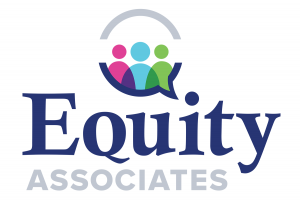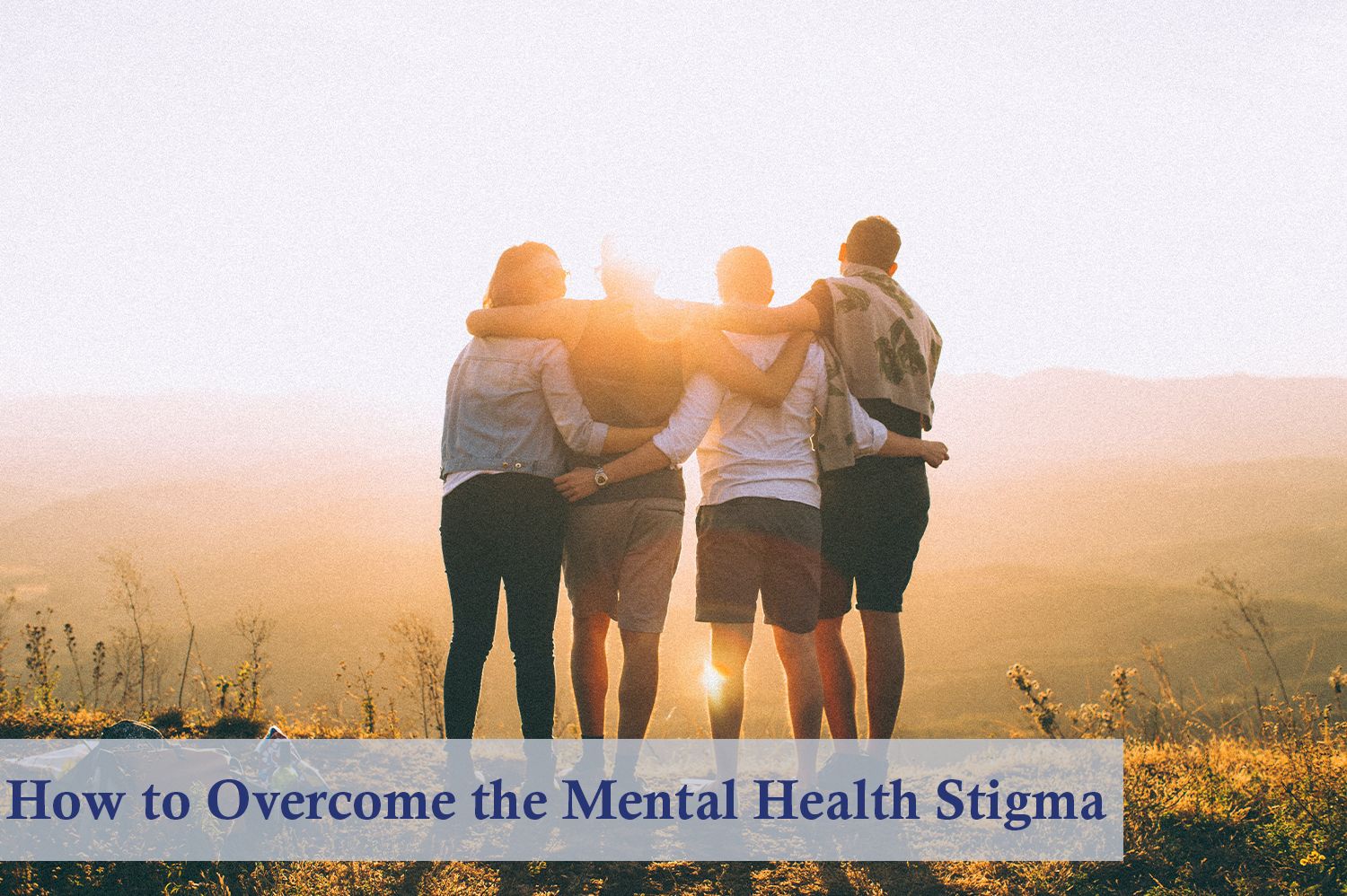Unfortunately, the stigma of mental health is very real. It can lead to negative attitudes and beliefs, which can, in turn, cause harmful effects to people with mental health challenges. At Equity Associates, we’re trying to stop these harmful beliefs in their tracks. Here are a few ways to overcome the mental health stigma so you can focus on what’s most important: you and your health.

Caring about your mental health and being proactive about speaking up and seeking treatment makes you strong.
Don’t Buy into the Stigma
You might believe that you are alone in any mental health challenges you face and if you speak up about them, it means you’re weak.
That couldn’t be further from the truth. 1-in-5 children and adolescents experience a mental health struggle during their school years. You are not alone, and speaking up about your mental health doesn’t make you weak. It’s just the opposite – caring and being proactive about speaking up and seeking treatment makes you strong.
Educate Yourself and Others
A good way to overcome the mental health stigma is to educate yourself. Reading from reputable sources about mental health, symptoms, and treatments can put to rest any rumors you might have heard. Being informed is a great step in the right direction for your emotional wellness.
But don’t just stop at educating yourself. Educate those around you! Mental health struggles can be treated like any other medical need. Tell others factual information to replace any inaccuracies they might have heard about mental health.
Be Aware of Your Language
A small way to fight the mental health stigma is to change your personal vocabulary. Avoiding stigmatized language can help to reverse stereotypes.
Instead of saying, “I’m bipolar,” move towards saying “I have bipolar.” You can also reword the sentence entirely by saying, “I was diagnosed with PTSD.” This will help to separate you, or someone else, from their challenge. If you get diagnosed, keep in mind that is only a part of you. Nobody is defined by only one aspect of their life and you are not your mental health challenge.
It’s also best to steer clear of words that have negative connotations. Some examples of these include “addict,” “crazy,” or “suffering.” It’s not about being sensitive or polite, but rather being proactive about fighting mental health stigma. Instead, try using nonjudgmental, neutral phrases.
Choose Empowerment
If you are struggling, honor your mental health story and don’t let others try to shame or change your mind. Encourage others with their mental health journey. Be honest with the people around you. Show the world who you are by sharing your talents, strengths, and goals. Empowerment when dealing with mental health challenges isn’t without struggles, but the way you act and treat others can help influence people’s attitudes toward mental health.

Seeking treatment is a great step in the right direction for your emotional wellness.
Get Treatment
The most important thing you can do is to seek treatment. It’s normal to feel nervous or afraid to set up an appointment, but it’s a beneficial step in the right direction. If you get sick or break your arm, you set up an appointment with your doctor to get better. Your mental health is no different!
Treatment is vital to bringing relief and reducing symptoms that can interfere with school or personal life. It takes a lot of courage to speak up and ask for help, so remember to be kind to yourself as you seek treatment.

Equity Associates is here to support you no matter what.
Always Here to Support You
We know seeking mental health treatment can be intimidating. At Equity Associates, we believe that access to mental health services should be easy, accessible for all, and most of all comfortable. Our services are highly personalized for your unique needs and with our usage of telemental health, you can seek treatment in the comfort of your home. No matter what, we’re always here to support you.






